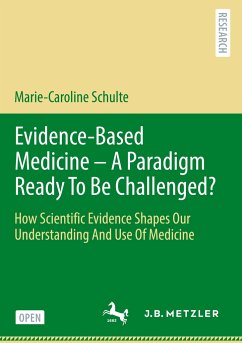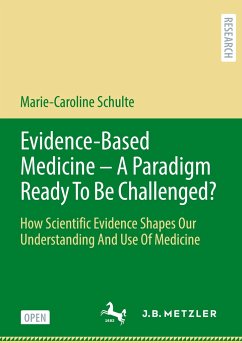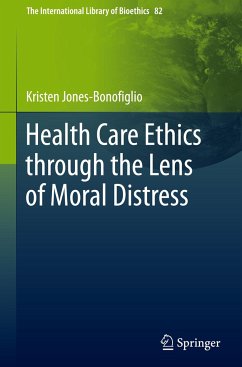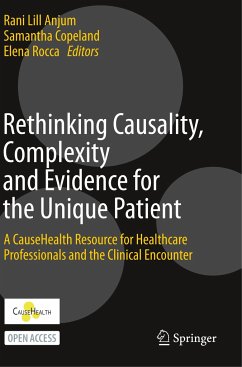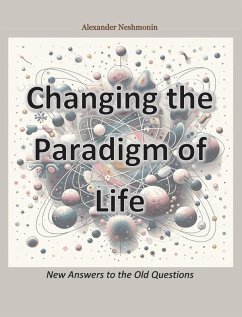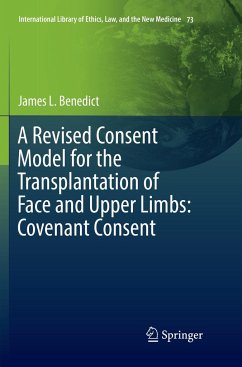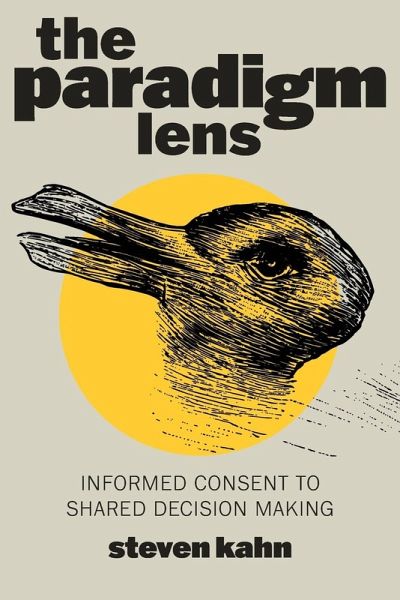
The Paradigm Lens
Informed Consent to Shared Decision Making

PAYBACK Punkte
8 °P sammeln!
Informed consent has been the foundation of medical ethics for decades. The traditional model of doctor-patient communication has often failed to adequately incorporate patients' values and preferences into treatment decisions. In "The Paradigm Lens: Informed Consent to Shared Decision-Making," medical ethicist Steven Kahn explores the evolution of informed consent and the growing importance of shared decision-making in modern healthcare. Kahn draws on his experience as a professor in philosophy, bioethics consultant, and nurse. Through a series of thought-provoking cases and analyses, he illu...
Informed consent has been the foundation of medical ethics for decades. The traditional model of doctor-patient communication has often failed to adequately incorporate patients' values and preferences into treatment decisions. In "The Paradigm Lens: Informed Consent to Shared Decision-Making," medical ethicist Steven Kahn explores the evolution of informed consent and the growing importance of shared decision-making in modern healthcare. Kahn draws on his experience as a professor in philosophy, bioethics consultant, and nurse. Through a series of thought-provoking cases and analyses, he illustrates the challenges to the patient-centered approach to healthcare. He views patient-physician encounters as paradigms. This strategy clarifies the roles of the physician and patient in a new way. Patients have a similar role in sharing information. The type of information is what differs. This book should accelerate research in shared decision-making. The Paradigm Lens is an essential read for healthcare professionals, patients, policymakers, and students. It challenges us to rethink our assumptions about what it means to truly engage in health care decisions by all parties. ¿ .





